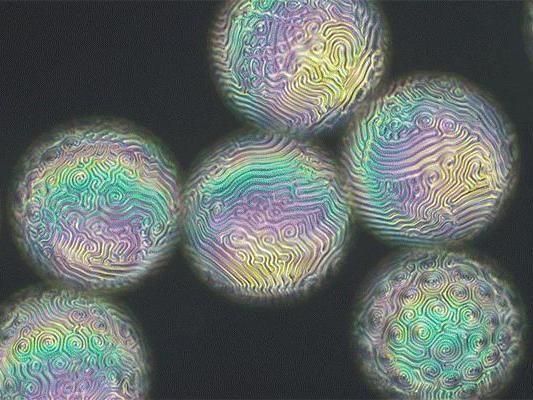Advancing Catalysis Research: Essential Data Practices for Future Scientific Success
This research promising to accelerate discoveries and innovations in chemistry and beyond
Advertisement
Researchers from the Department of Inorganic Chemistry at the Fritz Haber Institute of the Max Planck Society have made a groundbreaking advancement in the field of data management for catalysis research. Their latest study, “Advancing catalysis research through FAIR data principles implemented in a local data infrastructure – a case study of an automated test reactor” published in the prestigious journal Catalysis Science & Technology, explores the transformative power of FAIR data principles in scientific research.
In today's digital age, data is crucial for scientific discovery. Science requires data that is findable, accessible, interoperable, and reusable—collectively known as FAIR data. This study highlights how these principles are becoming essential for scientific progress, especially with the rise of artificial intelligence, which requires data that is reliable and consistent.
The researchers have developed innovative methods for automatically collecting and storing data from catalysis experiments. By implementing machine-readable standard operating procedures (SOPs), the team has automated the entire process—from data collection to analysis and storage. This automation is powered by EPICS, ensuring that every piece of data flows seamlessly through the system.
Furthermore, the development of application programming interfaces (APIs) allows this data to circulate not just within their local infrastructure but also with global repositories. This connectivity is paving the way for autonomous catalyst discovery and advanced machine learning applications, potentially revolutionizing how new catalysts are discovered.
This research represents a significant leap forward in the quest for more efficient and effective scientific methods, promising to accelerate discoveries and innovations in chemistry and beyond.
Original publication
Abdulrhman Moshantaf, Michael Wesemann, Simeon Beinlich, Heinz Junkes, Julia Schumann, Baris Alkan, Pierre Kube, Clara Patricia Marshall, Nils Pfister, Annette Trunschke; "Advancing catalysis research through FAIR data principles implemented in a local data infrastructure – a case study of an automated test reactor"; Catalysis Science & Technology, 2024
Most read news
Original publication
Abdulrhman Moshantaf, Michael Wesemann, Simeon Beinlich, Heinz Junkes, Julia Schumann, Baris Alkan, Pierre Kube, Clara Patricia Marshall, Nils Pfister, Annette Trunschke; "Advancing catalysis research through FAIR data principles implemented in a local data infrastructure – a case study of an automated test reactor"; Catalysis Science & Technology, 2024
Topics
Organizations
Other news from the department science

Get the chemical industry in your inbox
By submitting this form you agree that LUMITOS AG will send you the newsletter(s) selected above by email. Your data will not be passed on to third parties. Your data will be stored and processed in accordance with our data protection regulations. LUMITOS may contact you by email for the purpose of advertising or market and opinion surveys. You can revoke your consent at any time without giving reasons to LUMITOS AG, Ernst-Augustin-Str. 2, 12489 Berlin, Germany or by e-mail at revoke@lumitos.com with effect for the future. In addition, each email contains a link to unsubscribe from the corresponding newsletter.
































































